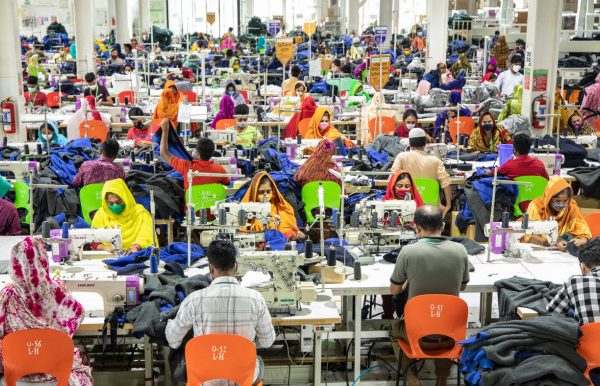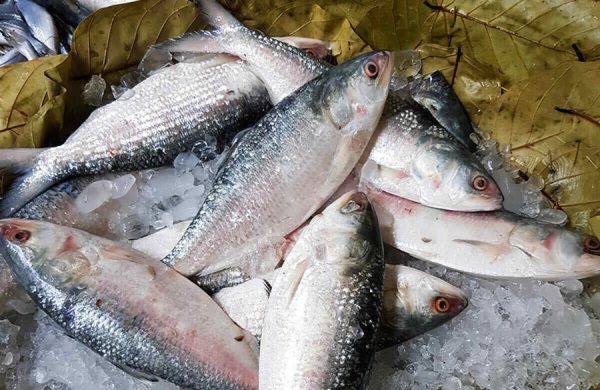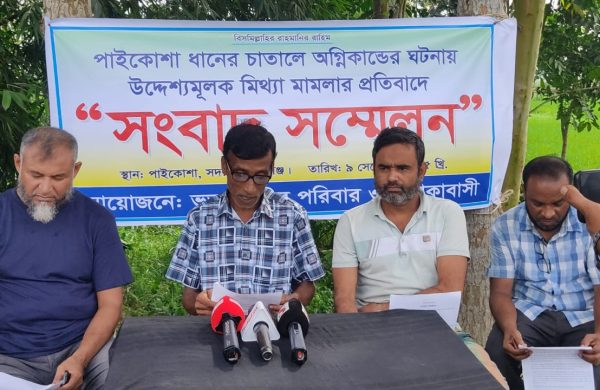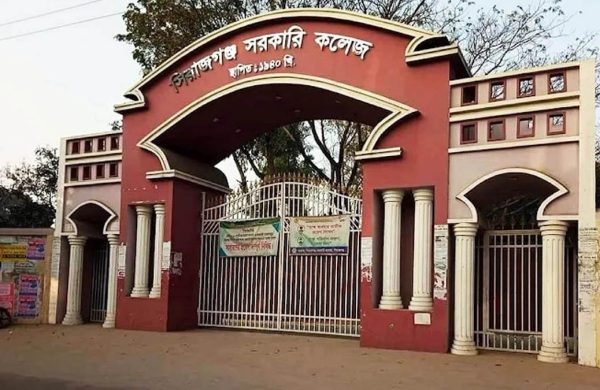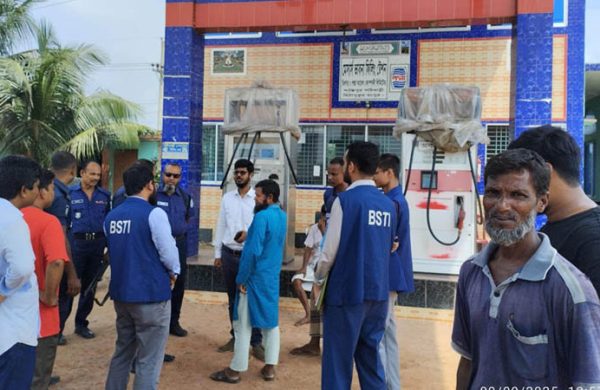Govt launches Tk43.5cr project to develop fish vaccines
- Update Time : Tuesday, September 9, 2025
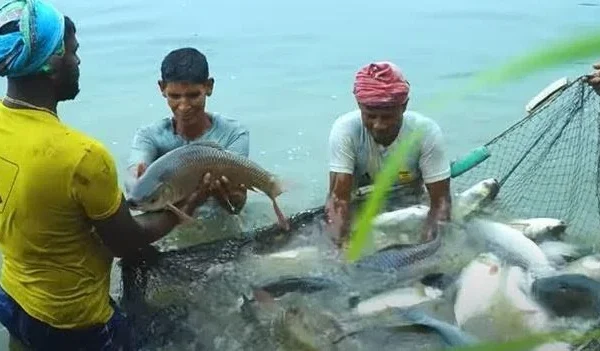
TDS Desk:
The government has launched a landmark five-year project to protect commercially farmed native fish species from mass mortality caused by bacterial and viral infections.
The initiative, led by the Ministry of Fisheries and Livestock and implemented by the Bangladesh Fisheries Research Institute (BFRI), aims to cut fish mortality by up to 80% and encourage large-scale farming of indigenous species.
Bangladesh produces 57% of its total fish from freshwater aquaculture, with over 4.07 lakh hectares of ponds under cultivation.
Small indigenous species – such as gulsha, pabda, tengra, shing, magur, and koi – contribute about one-third of this production and are vital protein sources for rural households.
But outbreaks of emerging bacterial and viral diseases in farming hubs like Mymensingh, Bogura, Rajshahi, and Jashore often wipe out 80-100% of stocks within days.
“Currently, farmers lose 70-80% of their fish just before the selling stage due to sudden outbreaks. If vaccines can be developed and applied, this mortality could be prevented,” said Md Shirajum Monir, Senior Scientific Officer at BFRI, in an interview with Daily Sun.
THE VACCINE PROJECT
The Tk43.51 crore project, titled “Vaccine Development to Prevent Mass Mortality of Freshwater Fish”, will run from July 2025 to June 2030, fully funded by the government.
It seeks to identify bacterial and viral pathogens using advanced bio-molecular methods, isolate microbes, and study their characteristics to design targeted treatments. By pinpointing the specific causes of disease, the programme aims to enhance the understanding of fish health challenges in local aquaculture. This research will support the development of targeted treatments and preventive measures.
A core focus is the development of oral vaccines, considered the most practical and cost-effective method for large-scale fish farming. Vaccines will target nine commercially important species, including koi, pangas, tilapia, carp, shing, magur, pabda, tengra, and gulsha.
This targeted approach is expected to significantly improve fish survival rates and boost the profitability of fish farming in Bangladesh.
Field trials will take place across five divisions, 11 districts, and 33 upazilas, with technical collaboration from research bodies in Malaysia, Thailand, and Indonesia.
WHY VACCINES MATTER
Conventional disease control methods, mainly antibiotics and disinfectants, are becoming less effective due to resistance and overuse, while also posing environmental and health risks.
Vaccination offers a safer, more sustainable alternative, experts note.
Oral vaccination, in particular, is being tested as the most feasible solution. It reduces stress on fish, can be applied at scale, and is cheaper than injections or immersion. Countries such as Chile, Norway, and Malaysia have already introduced such methods with success. Bangladesh hopes to replicate that model, tailored to its native species.
ECONOMIC AND NUTRITIONAL IMPACT
If effective, the project could transform Bangladesh’s aquaculture sector by reducing disease-related losses, boosting farmer confidence, and increasing production of native species.
Greater supply would make protein-rich fish more affordable for consumers while strengthening food security.
The government also plans to commercialise vaccine seed production, which could generate revenue and support the biotech industry.
Economists say reduced antibiotic use would improve food safety and align local aquaculture practices with international standards, opening export opportunities.
Experts, however, caution that scaling up oral vaccines and ensuring farmer adoption will remain challenges. However, success could make Bangladesh a regional leader in sustainable aquaculture.
“This is not only about saving fish, it is about saving livelihoods, nutrition, and the future of our indigenous species,” Dr Monir emphasised.


